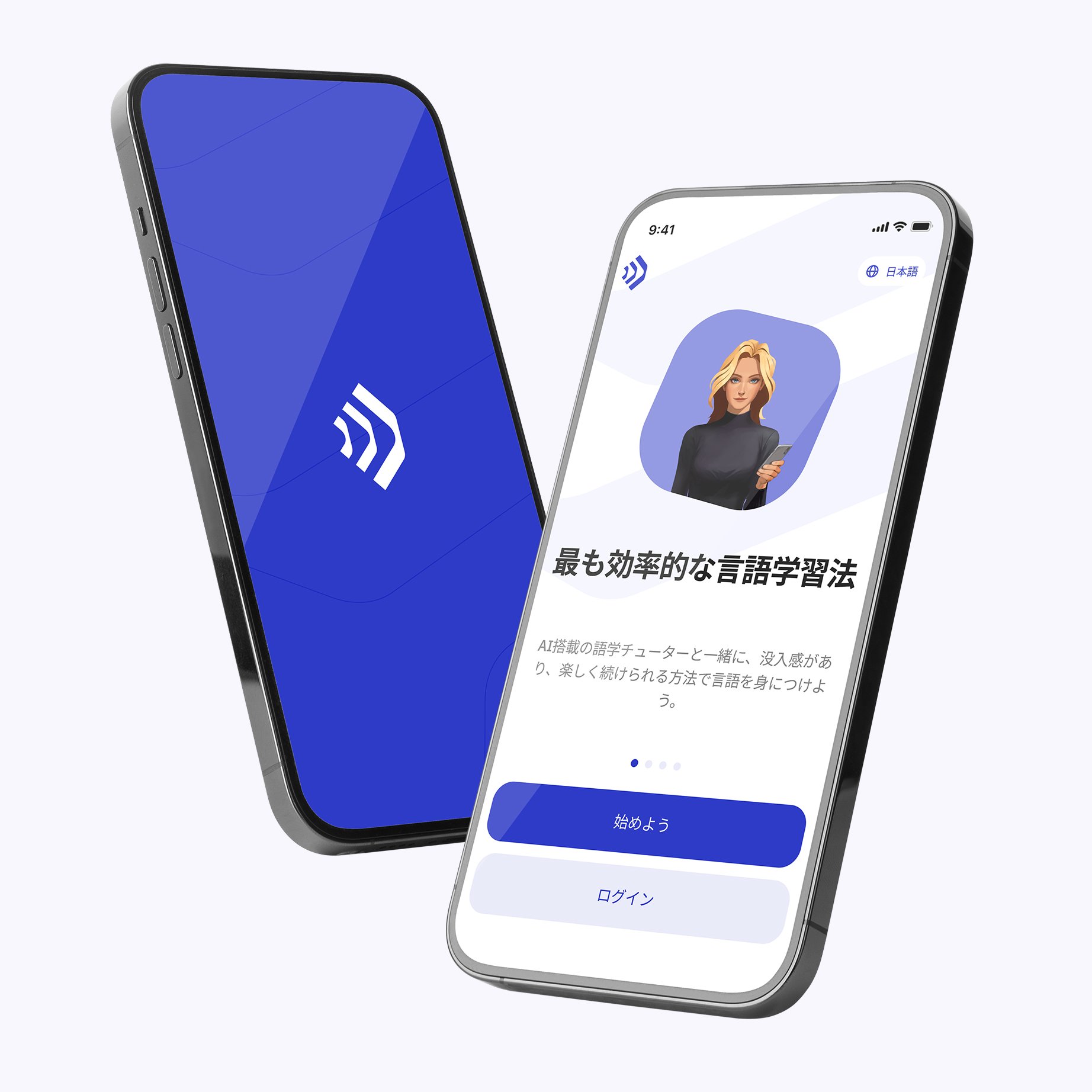この練習では、さまざまな文脈で用いられる直接話法から間接話法への変換を練習します。また、間接話法の文を読んだ後で、それをどのように直接話法で表現できるかを考える演習も行います。これにより、文脈に応じた正しい英語のレポート表現の使い方をマスターすることができるでしょう。
Direct to Indirect Speech Exercise
He said, “I am tired.” -> He said that he *was* (tense)
She said, “I will call you later.” -> She said that she *would* (modal)
“I have finished my homework,” he told his teacher. -> He told his teacher that he *had* (tense)
“Do you like pizza?” she asked me. -> She asked me if I *liked* (tense)
“We can’t come to the party,” they said. -> They said that they *couldn’t* (modal)
“I must go now,” she said. -> She said that she *had* (modal)
“He’s working on the project,” she told them. -> She told them that he *was* (tense)
“We’ve been waiting for an hour,” they complained. -> They complained that they *had* (tense)
“You shouldn’t do that,” he warned. -> He warned that I *shouldn’t* (modal)
He asked, “Have you seen my keys?” -> He asked if I *had* (tense)
“I’ll help you tomorrow,” she promised. -> She promised that she *would* (modal)
“I didn’t hear the announcement,” he explained. -> He explained that he *hadn’t* (tense)
“Are you going to the concert?” she inquired. -> She inquired if I *was* (tense)
“It may rain tomorrow,” the forecast said. -> The forecast said that it *might* (modal)
“I’m feeling sick,” he groaned. -> He groaned that he *was* (tense)
Indirect to Direct Speech Exercise
He said that he was going to the store. -> “I *am* going to the store,” he said. (tense)
She asked if I could lend her a pen. -> “Can you *lend* me a pen?” she asked. (modal)
They told us that they had been to the new cafe. -> “We *have been* to the new cafe,” they told us. (tense)
He wondered if she was interested in art. -> “Are you *interested* in art?” he wondered. (tense)
She said that she would not be late. -> “I *won’t* be late,” she said. (modal)
They complained that they couldn’t understand the lecture. -> “We *can’t* understand the lecture,” they complained. (modal)
He insisted that it was essential to act immediately. -> “It *is* essential to act immediately,” he insisted. (tense)
She mentioned that she had seen the movie before. -> “I *have* seen the movie before,” she mentioned. (tense)
They announced that the meeting would be postponed. -> “The meeting *will* be postponed,” they announced. (modal)
He asked if I knew his brother. -> “Do you *know* my brother?” he asked. (tense)
She said that she should make a reservation. -> “I *should* make a reservation,” she said. (modal)
They hoped that she could come to the reunion. -> “We hope you *can* come to the reunion,” they hoped. (modal)
He told them that he had not seen the documentary. -> “I *haven’t* seen the documentary,” he told them. (tense)
She asked if they would join her for lunch. -> “Will you *join* me for lunch?” she asked. (modal)
He said that he didn’t like to wake up early. -> “I *don’t* like to wake up early,” he said. (tense)










